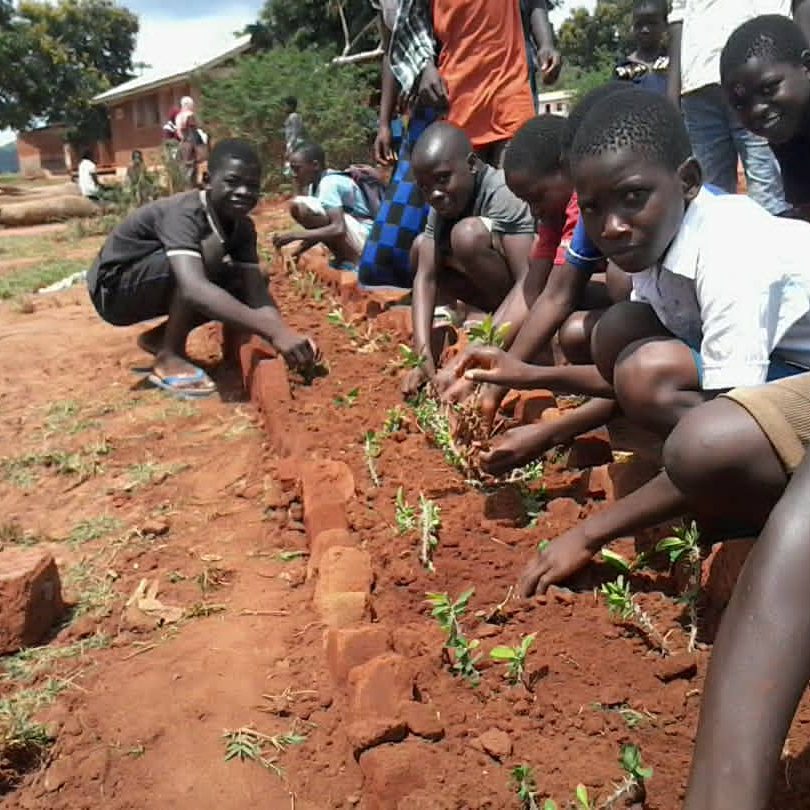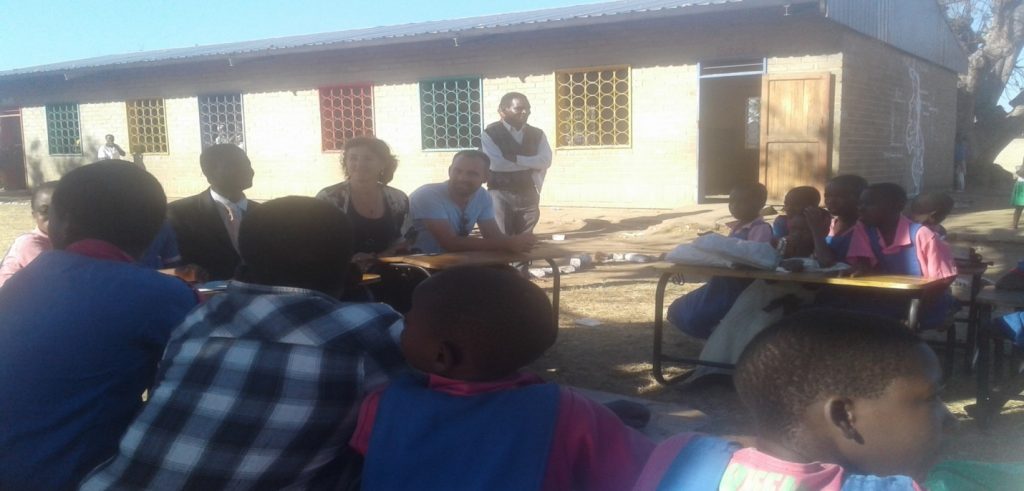Eco-Schools Programme In Malawi
Promoting Education for Sustainable Development
In 2008, the Archdiocese of Lilongwe, collaborating with the Danish Outdoor Council (DOC) and Danish Hunters Association, introduced the Eco-School concept in Malawi.
Although the Eco-Schools Programme Malawi is under the Archdiocese of Lilongwe, its mission goes beyond the institutional Church boundaries and is non-political, non-ethnic and non-religious.

Overall Developmental Goal
To promote active citizenship and improved livelihoods through education for sustainable development.
This is achieved through capacity building, action-based learning and advocating for the integration of the Eco-Schools concept in national education policies
Target Schools
The programme has so far reached 185 primary schools in Malawi; 120 schools in Salima district, 55 schools in Lilongwe district, five schools in Mangochi and 5 Schools in Thyolo district with 23 model schools in Salima, 12 model schools in Lilongwe, 1 in Mangochi and Thyolo districts.
The model schools serve as learning centres for teachers, learners, community members and other schools.
Poultry, piggery and rabbitry farming in Schools and communities














